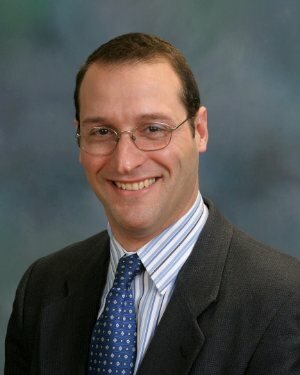Matt graciously agreed to answer a few questions for me that might be of interest to you. Personally, I think this district is a great springboard for even higher office for a Democrat, so this is a race and a candidate I will be following closely.
And it's important to remember, in light of all the work and time and money that we put into the POTUS and federal races, that the State Senate candidates need your help as well, which is why I just threw some (admittedly paltry) dollars Matt's way. You should too (except the "paltry" part)!
Here's the interview; you'll see that Matt didn't shy away from my geeky policy questions:
Where do you see the education funding issue going, and how do you hope to get it there as state senator?
I think the Legislature did a terrific job of moving the ball forward last session by defining an adequate education, to include kindergarten, and costing it. SB 539 fulfilled the state's constitutional obligation to cost an adequate education. (See * below for a comprehensive discussion of SB 539.) It did not, however, resolve funding for it, and that will be a challenge for the state in the next term. However, the Legislature understands the need to fund education, and will make it a priority to do so. It remains to be seen whether we will take up another proposal to amend the state Constitution to allow for targeted aid (before adequacy is fully funded per pupil). Two efforts failed last term, and I see the question as having been whether the state should target available funds or distribute those funds on a per pupil basis regardless of need (what we do now).
What can be done on the state level about the home heating oil crisis before it hits us this winter?
People should not have to choose between heating their homes on one hand and buying medicine and/or food on the other. Federal representatives from New England are seeking more federal funds (and even advocating for a release of amounts from the Home Heating Oil Reserve). Local agencies are also coordinating internally in order to be prepared to address increased need, and state representatives can not only facilitate that process, but also educate and inform people about available options so they know what resources exist. For example, forum are being held across the state to raise awareness and provide relevant information - such as dialing 2-1-1 in New Hampshire, which will connect callers to resources in their communities. Individuals should also consider acting now - whether to weatherize homes or determine whether they qualify for various assistance programs.
What would be your top legislative priorities upon becoming a state senator?
* Providing a solution to the education funding situation that has been an ongoing struggle for far too long.
* Expanding access to affordable health care (the House Commerce Committee, on which I served, recommended passage of several bills that expanded access to health care, including requiring coverage for dependent children up to the age of 26 and providing early childhood intervention therapy services). I am eager to continue looking for ways to expand access to health care in an affordable way.
* Economic security for the most vulnerable among us (the Legislature raised the minimum wage for the first time in 10 years, and capped interest rates on "payday" and title loan lenders - lenders that were causing too many NH residents to fall into a negative debt trap), and economic opportunity to keep NH strong.
* Environmental concerns. We took steps to protect and preserve our quality of life by finally providing funding for the Land and Community Heritage Investment Program, banning the burning of toxic construction and demolition debris, and requiring the state to rely on renewable energy sources for at least a quarter of its energy needs by 2025. I believe there is an intersection of the environment and economy in moving toward renewables - which will benefit not only the environment, but provide high tech, high paying jobs as well.
When I ran for the House, I talked about the importance of community service. Knowing this can take many forms, I pursued service in Concord because I believed that public service on that level could have a dramatic impact on policy as well as day-to-day life. After this session, I feel even more passionately about that. I want to continue my efforts to affect positive change in Concord - while preserving the best of what we have. For more information about my Senate campaign, please visit www.matthewhoude.com
